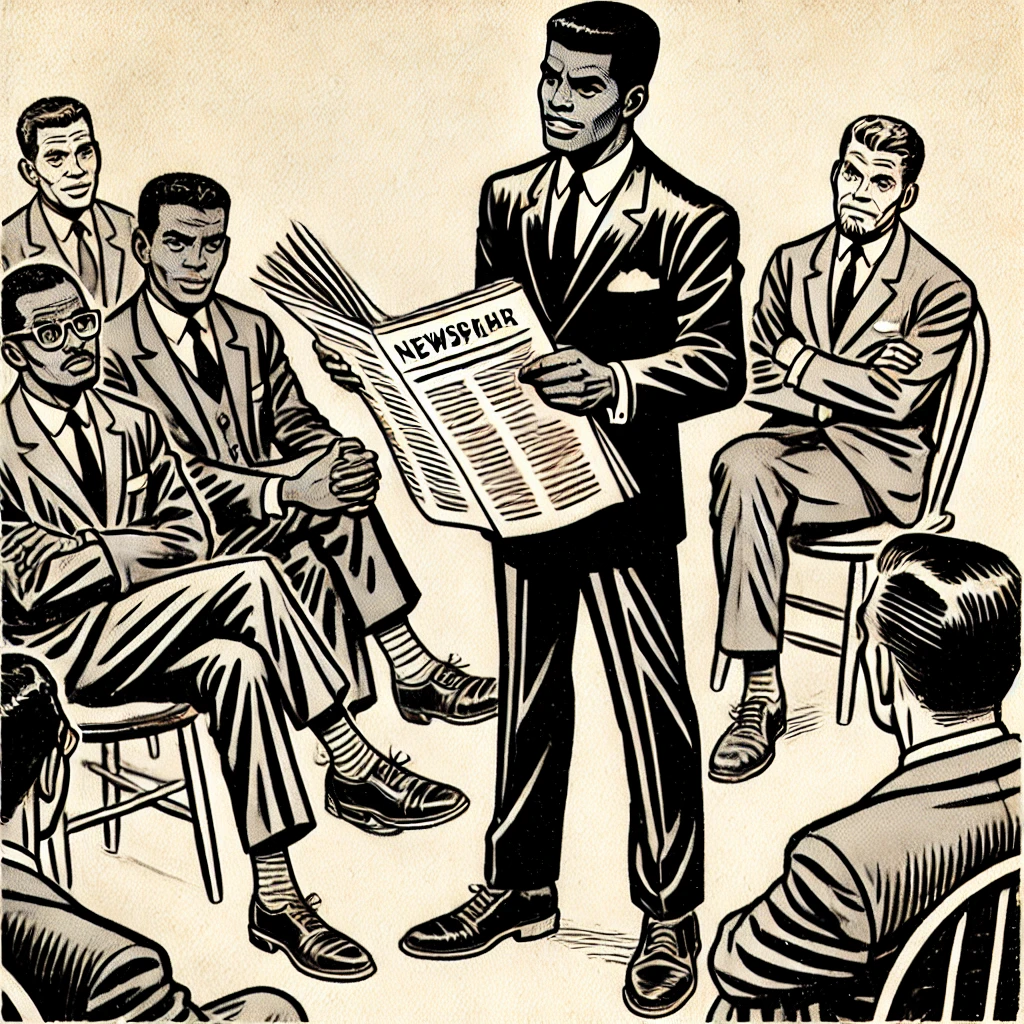Historical Context of the Civil War
The American Civil War, which occurred from 1861 to 1865, was primarily a conflict between the Northern states, known as the Union, and the Southern states that seceded to form the Confederacy. The socio-political landscape preceding the war was deeply influenced by the contentious issue of slavery. The Northern states generally opposed the expansion of slavery into new territories, while the Southern states relied heavily on the institution for their agrarian economy. This divergence created significant tensions that escalated into open conflict.
In the years leading up to the Civil War, numerous legislative acts, such as the Missouri Compromise of 1820 and the Kansas-Nebraska Act of 1854, attempted to address the issue of slavery in newly admitted states. Nonetheless, these measures often deepened the divide between the two factions rather than providing lasting resolutions. Moreover, the publication of influential works like Harriet Beecher Stowe’s “Uncle Tom’s Cabin” further ignited anti-slavery sentiments in the North, while the resurgence of pro-slavery arguments in the South solidified its resistance.
As the war commenced, both sides faced the pressing need for manpower. Initially, the Union Army comprised predominantly white soldiers, but as the conflict dragged on and the casualty rates surged, it became evident that a broader recruitment strategy was essential. This realization spurred debates within the Union about the role of African Americans in the military. Many abolitionists argued for the enlistment of free black men, pointing to their willingness to fight for their freedom and to prove their loyalty to the Union. This discussion culminated in the establishment of the Bureau of Colored Troops in 1863, marking a significant shift in military policy and attitudes toward race, as African American soldiers would soon become a vital component of the Union Army’s strategy.
Formation of the Bureau of United States Colored Troops
The Bureau of United States Colored Troops (USCT) was established during a pivotal moment in the American Civil War, reflecting a significant shift in military policy and societal attitudes towards African Americans. The U.S. War Department created this bureau in May 1863, aiming to facilitate the recruitment and organization of black soldiers into the Union Army. This decision arose from various motivations, notably the need for additional manpower as the war extended longer than anticipated and the realization that the inclusion of black soldiers would greatly enhance the military’s effectiveness.
Before the establishment of the USCT, black individuals served in the military in limited capacities, primarily as laborers or in support roles, often facing considerable discrimination and skepticism about their capabilities in combat. However, as Union victories became increasingly elusive and casualties mounted, military leaders recognized that recruiting African Americans could turn the tide of war. The passage of the Militia Act of July 1862, which permitted the acceptance of black soldiers, provided a legal framework that encouraged this recruitment.
Key figures in this transformation included Secretary of War Edwin M. Stanton and Major General David Hunter, who championed the inclusion of black troops at various junctures. The establishment of the USCT marked a profound shift not only in military strategy but also in the fight for civil rights, as it represented an acknowledgment of the contributions of African Americans in the battle for the Union. By the end of the Civil War, nearly 180,000 black soldiers had served in the USCT, significantly influencing the war’s outcome and paving the way for future civil rights advancements. This paradigm shift in military policy thus played a crucial role in both the war effort and the broader context of race relations in America.
Impact of Black Soldiers in the Civil War
The contributions of Black soldiers in the United States Colored Troops (USCT) during the Civil War represent a pivotal chapter in the history of the conflict and American society. By the end of the war, approximately 180,000 Black men had bravely enlisted in the Union Army, significantly bolstering its ranks and enhancing its capabilities in key battles. Black soldiers fought valiantly in numerous engagements, including the notable assaults on Fort Wagner and Petersburg, where their courage and resolve on the battlefield helped alter the perception of their abilities and potential.
The bravery exhibited by these soldiers was often met with extreme challenges. Many faced prejudice and discrimination both within their units and from other military personnel and civilians. Despite these significant obstacles, the commitment of Black soldiers to the Union cause exemplified their pursuit of freedom and rights. Their participation not only demonstrated their desire for liberty but also challenged the prevailing stereotypes of racial inferiority, effectively altering the narrative surrounding race in the military. These men fought not only for the preservation of the Union but also for the abolition of slavery, aligning their battle with a moral mission that resonated deeply within the broader abolitionist movement.
Moreover, the enlistment of Black soldiers had profound implications for the Union’s war efforts. By the end of the war, their participation had directly contributed to Union victories, enhancing troop numbers and diversifying the military force. The integration of Black soldiers also played a significant role in altering political sentiments in the North, leading to increased support for emancipation. As a result, their involvement marked a turning point not only within the context of the Civil War but also in the evolution of civil rights and equality in American history.
Legacy of the Bureau of Colored Troops
The establishment of the Bureau of Colored Troops during the Civil War marked a significant milestone in the United States’ journey toward racial equality and civil rights. The bravery and contributions of African American soldiers not only changed the course of the war but also fundamentally transformed public perceptions of black capabilities and citizenship. Approximately 180,000 African Americans served in the Union Army, and their experiences challenged prevailing notions of racial inferiority. Their valor in battle proved to the nation that African Americans were deserving of freedom, dignity, and equal rights.
Following the war, the legacy of these troops began to manifest in various aspects of American society. Many former soldiers took up leadership roles within their communities, advocating for civil rights and social justice. Their contributions highlighted the need for policy changes regarding race and equality, prompting discussions that eventually culminated in significant legislative advancements, including the 14th and 15th Amendments, which granted citizenship and voting rights to African American males. These changes marked a pivotal shift in the legal landscape, laying the foundation for future civil rights movements.
Furthermore, the legacy of the Bureau of Colored Troops continues to resonate today. As contemporary movements for racial equality and justice unfold, the sacrifices and achievements of black soldiers serve as a powerful reminder of the ongoing struggle against racial discrimination. Their narratives inspire a new generation to advocate for equality and social justice in various arenas, including the military. The integration of African Americans into the armed forces, which began during this era, paved the way for more progressive policies regarding diversity and representation within the military, contributing to a more inclusive armed forces.








